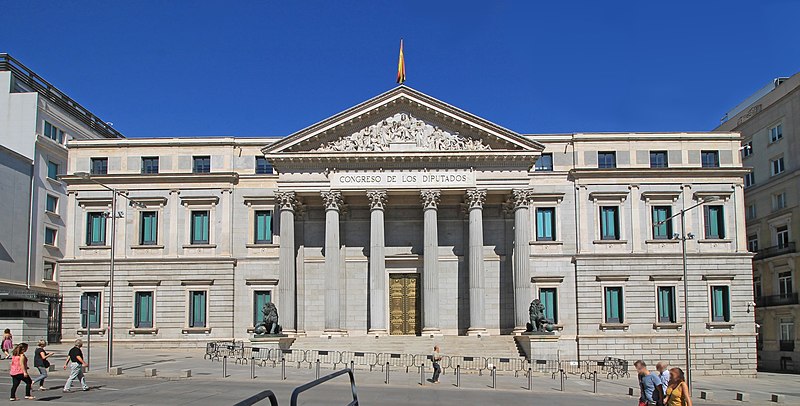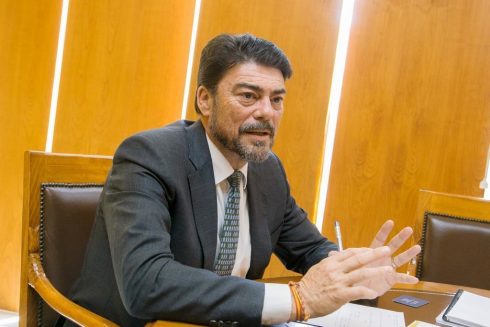THE Spanish parliament has rejected a moción de censura (vote of no-confidence) filed by VOX against the coalition led by Pedro Sanchez of the PSOE.
Ministers announced their results this afternoon, October 22, to the surprise of no one. But why was the motion filed in the first place and why did it never have a chance of passing? Here are the answers to all your questions.
What is a ‘motion of censure’?
Like a vote of no-confidence in the UK, a moción de censura gives opposition parties the opportunity to change the national government. The Spanish Constitution of 1978 specifies that any party wishing to file such a motion must (a) have the support of at least one-tenth of the Congress of Deputies and (b) present a candidate to lead a new government.
Consequently, they are most likely to pass in instances of corruption – as was the case in 2018, when Pedro Sanchez succeeded former prime minister Mariano Rajoy following a political scandal. However, this was the only successful no-confidence vote in Spanish history.
What are the requirements for filing a motion of censure?
In addition to having the support of one-tenth of the congressional deputies, the entity filing the motion must give its reasons for doing so. Vox stated its reasons in a text denouncing:
1) the “constitution of the current communist social government through fraud of the electorate and its dependence on separatist political forces”
2) the government’s “criminal management of the coronavirus epidemic”
3) the “democratic degeneration and assault on the counterpowers of the Executive”
4) the government’s “unconstitutional curtailment of the rights and freedoms of the Spanish people”
5) “corruption linked to drug dictatorships and totalitarian regimes”
6) the government’s “bankruptcy of national harmony and the delegitimisation of the Spanish Transition.”
Why did the motion fail?
For the vote to have passed, it would have had to obtain an absolute majority of 176 deputies. However, VOX only had the backing of its 52 deputies; not even the PP, Spain’s centre-right, main opposition party, supported the motion. Its Secretary General, Garcia Egea, even described it as a ‘joke’ during the debate.
In short, the outcome of this vote was a full-gone conclusion. But if it was doomed to fail from the outset, why did VOX file it?
Perhaps the best way of understanding this moción de censura is as means of establishing a platform, namely the parliamentary debate, for VOX leader Santiago Abascal to present himself as a suitable next prime minister and publicise the populist policies that characterise his party. It was a political manoeuvre aimed at destabilising the Spanish government during a time of crisis, a chance for VOX to portray itself as the main opposition party to the current coalition.









